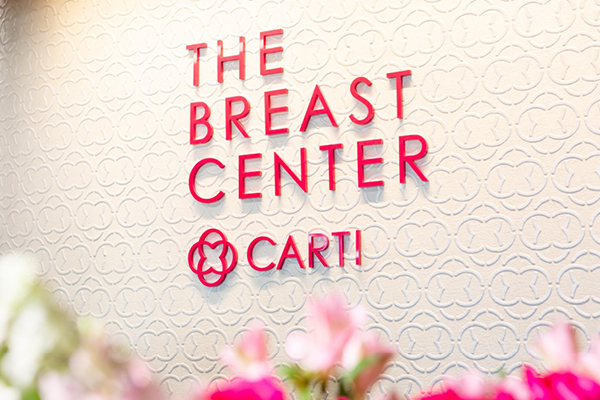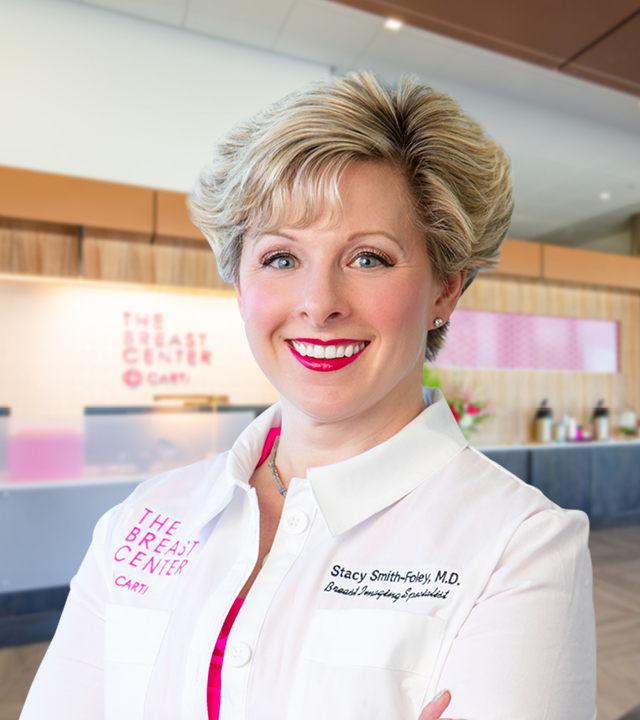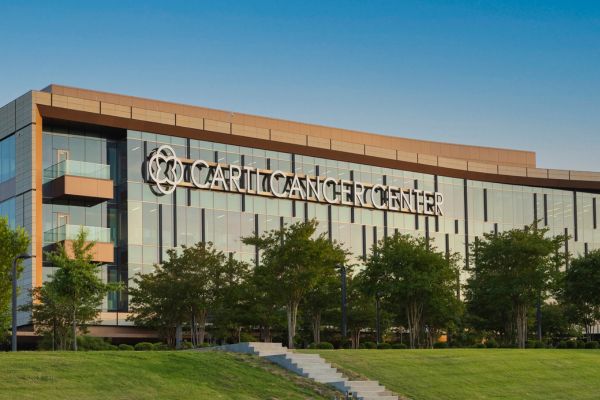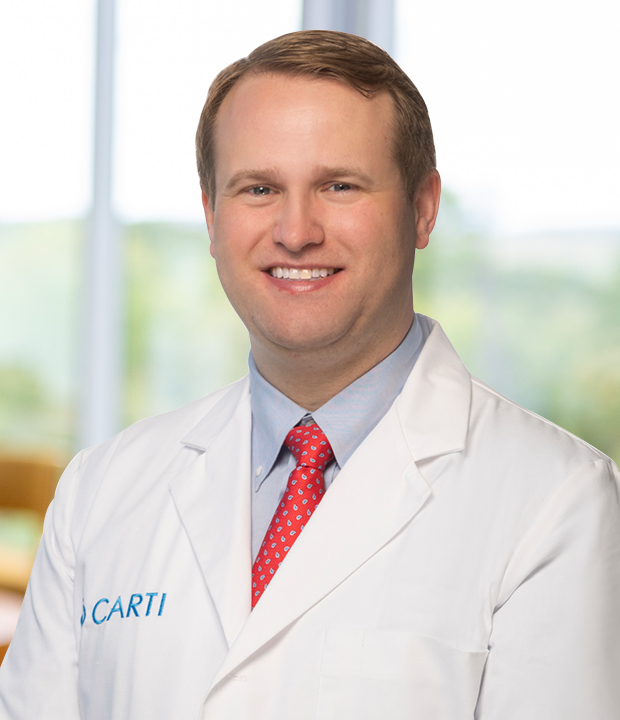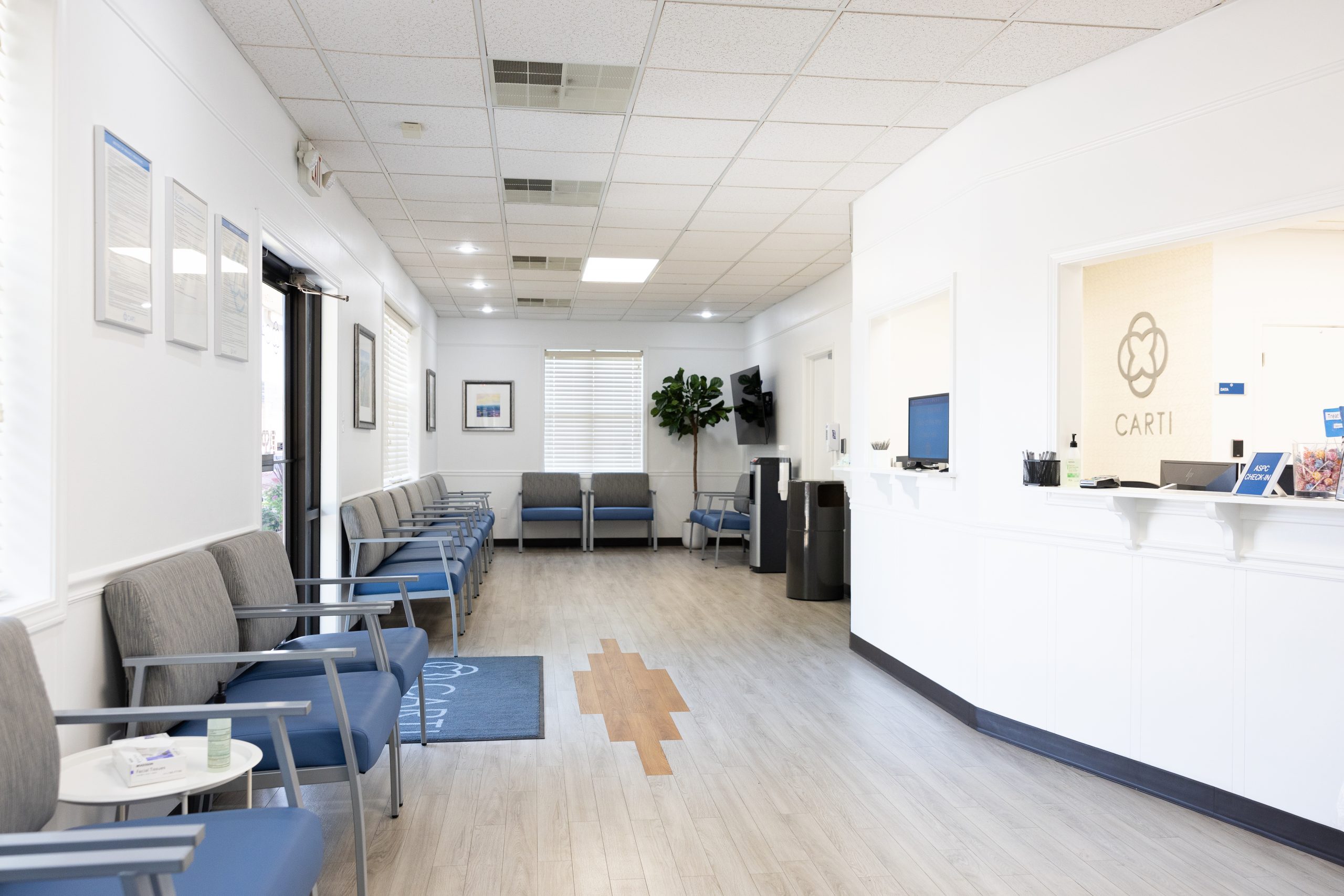In Pandemic, CARTI Sees Its Numbers Get Better
As seen in Arkansas Business, August 3, 2020
CARTI Inc. of Little Rock could be one of health care’s bright spots during the pandemic.
While other health care providers were reporting losses of hundreds of thousands of dollars a day as patients stayed away from hospitals, the cancer treatment provider reported its best financial year.
For the fiscal year that ended June 30, CARTI’s unaudited financial statement showed it had about $10 million in operating income before depreciation, CARTI’s president and CEO, Adam Head, said.
Although CARTI received $7.3 million in stimulus money because of COVID-19, Head told Arkansas Business CARTI still would have had about $8 million in operating income before depreciation for the fiscal year. Its unaudited net revenue was $263 million, which was up about 20% from the previous year. CARTI also treated more than 90,000 patients in the fiscal year, the most in its history. Patients have received “new cancer diagnoses during coronavirus, and so we continue to treat every new cancer patient that needs our care,” Head said.
CARTI announced last month that it is building a comprehensive cancer center in Pine Bluff. It will be CARTI’s fifth comprehensive center in the state and the fourth to open in two years.
The two-story center, which will be between 25,000 and 30,000 SF, will be CARTI’s largest cancer center outside of Little Rock. The total project will cost about $18 million. “It’s designed to provide everything a patient would want or need in their cancer journey,” Head said.
CARTI also appears to be a bright spot among cancer centers.
“It’s too early to assess the financial impact of the COVID-19 pandemic on cancer programs,” Dr. Randall A. Oyer, president of the Association of Community Cancer Centers, said in an email. “We do know that the initial acute phase in March disrupted our nation’s health care system, and cancer screening, diagnosis and treatment is an essential service of that system.”
He said that cancer centers saw a “significant decline” in new patient visits starting in March. “While new patient volumes are starting to recover, they have not returned to pre-pandemic levels,” Oyer said. At the same time, screenings for cancer have also “dropped significantly,” he said, which could mean delays in diagnosis and treatment.
COVID has affected plans for CARTI’s fundraising affiliate, CARTI Foundation Inc. Its largest annual fundraiser, the Festival of Trees, will be a virtual event on Nov. 19, said Michaela Johnson, foundation director. The event will feature speakers and an online auction.
Last year, the Festival of Trees generated revenue of $591,000, a record.
Kim Ellis, chair of the CARTI Foundation, said the money raised supports CARTI and cancer patients who lack insurance coverage.
“I’m banking on … the CARTI supporters are going to be out full force” for the virtual event, Ellis said. Head said fundraising is “really challenging,” but people and companies still want to donate.
“Everyone knows someone who’s been touched by cancer,” Head said. “And the more we’re moving out into communities, across the state and beyond, … patients and families are seeing and feeling CARTI’s impact.”
Expanding in Pine Bluff
CARTI’s vision statement includes striving to be the cancer treatment destination.
“We don’t want that just to be a catchphrase,” Head said. “And so to transform the way cancer care is delivered, we believe that we’ve got to bridge the gap of what I would call accessibility and trust.”
He said CARTI wants to be highly accessible and provide “a world-class care experience that patients can trust.”
After opening the CARTI Cancer Center in North Little Rock in April, CARTI turned to southeast Arkansas, which Head said has a high number of cancer patients and cancer risk in Jefferson and surrounding counties.
“There are, obviously, other areas that are really high in the state as well,” Head said. “So I’m not just trying to point these out, but there’s definitely a greater risk of cancer.”
The United Health Foundation reported that Arkansas’ cancer deaths per 100,000 people reflected one of the worst rates among all states and the District of Columbia in 2019.
CARTI was already providing services in the south and southeast Arkansas before announcing plans to build the center in Pine Bluff. “It only made sense to provide more of a regional hub,” he said, saving patients a drive to Little Rock for treatment.
The center will offer medical oncology, CARTI’s infusion services with chemotherapy, and the latest advanced oncology imaging services, Head said.
“We also are going to have radiation oncology services with the most advanced equipment and team there,” he said. Other services will include genetic counseling, financial support and dietitian services.
The center will be near Interstate 530 on 7 acres adjacent to Trotter Ford Lincoln, a few miles southwest of Jefferson Regional Medical Center.
The project will be built in two phases. The first phase includes a modular building while the permanent structure is under construction. The modular building is expected to be completed by the end of this year, about the same time that construction is expected to begin on the permanent building, which has a target completion date of January 2022.
Head said CARTI will hire at least 30 employees “and probably more” for the Pine Bluff center.
The architect on the project is Polk Stanley Wilcox Architects of Little Rock, and the general contractor is Clark Contractors LLC of Little Rock. The project, which will be CARTI’s 17th treatment location in the state, will be paid for with bank loans and cash.
COVID-19
CARTI dealt with COVID-19 by mandating universal screenings and requiring that “every single person in the institution masked up” to protect the patients who were undergoing cancer treatments, Head said.
In March and April, CARTI also delayed routine follow-ups or used telemedicine for patients who wanted it. The patients began to return in May.
The ACCC’s Oyer said that advances in diagnosis and treatment are proceeding amid the pandemic.
“The greatest risk for cancer programs may not be in how the pandemic hurts the bottom line, but in how COVID-19 impacts the strides they’ve made in their communities in improving cancer screenings, early diagnosis, access to care, and outcomes,” he said.
For the quarter that ended March 31, CARTI had an operating income before depreciation of $2 million compared with $930,000 in the same quarter in 2019. Also in that quarter, its revenue increased from $52.1 million to $66 million.
Head said CARTI’s success comes from its 650 or so employees “who have been united by a single purpose.” CARTI also announced late last month that it had raised its minimum wage to $15 an hour, which will affect about 80 employees.
“We know that even though people on our team carry different levels of responsibility, it takes every single member of this team working together to be able to make this work,” Head said. H
ead declined to say where CARTI is considering for its next location. “We’re not looking at this with any kind of boundaries in the state, or even potentially outside the state,” Head said. “I do believe there’s more to come.”

